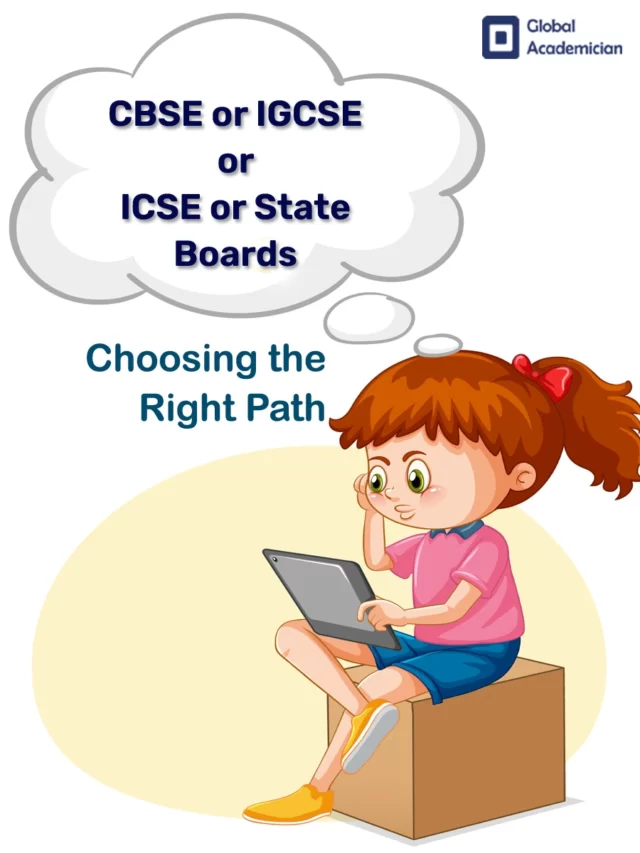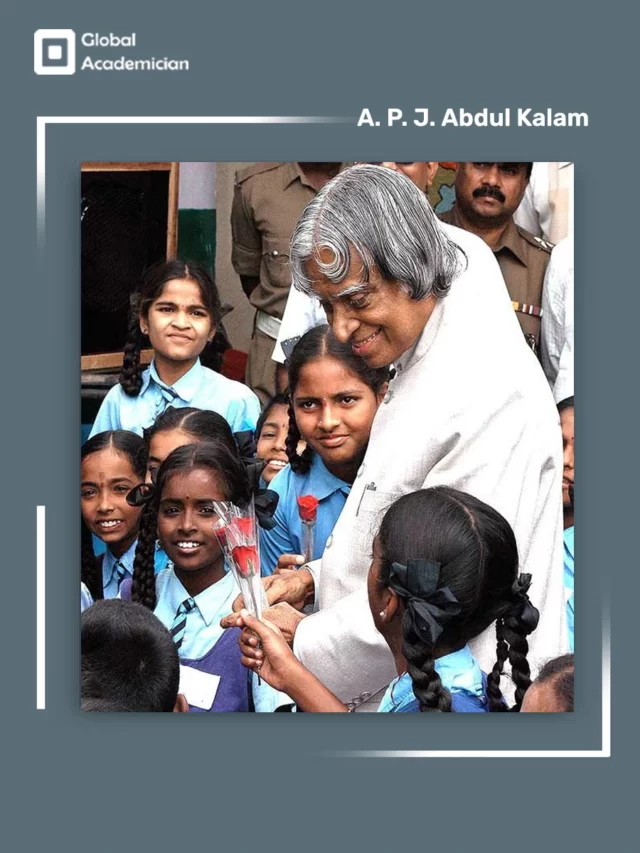
The International Baccalaureate (IB) is a highly respected educational program offered to students aged 3 to 19 years old. It’s known for its challenging curriculum, focus on critical thinking, and emphasis on international mindedness. The IB offers four distinct programs:
- The Primary Years Program (PYP) for students aged 3 to 12 years old. This program encourages young learners to become inquisitive, knowledgeable, and caring individuals.
- The Middle Years Program (MYP) for students aged 11 to 16 years old. This program helps students develop their academic skills and build a strong foundation for further education.
- The Diploma Program (DP) for students aged 16 to 19 years old. This rigorous program prepares students for university study and beyond by challenging them to think critically, solve problems, and communicate effectively.
- The Career-related Program (CP) for students aged 16 to 19 years old. This program allows students to combine academic studies with career-related exploration and work experience.
The IB is recognized by universities around the world, and graduates of IB programs are often well-prepared for success in higher education and beyond.
International Baccalaureate Program:
| Feature | PYP (3-12 years) | MYP (11-16 years) | DP (16-19 years) | CP (16-19 years) |
| Focus | Play-based inquiry, transdisciplinary themes | Critical thinking, communication, collaboration, interdisciplinary units | Holistic academic preparation, rigorous curriculum, university readiness | Career-related learning, integration with DP courses |
| Assessment | Continuous observations, projects, portfolios | Continuous monitoring, ePortfolio, optional on-screen exams | Internal assessments, external exams, essays | Internal assessments, external exams, career-related study |
| Curriculum | Six transdisciplinary themes | Eight subject groups, interdisciplinary units | Six core subjects, elective courses | Minimum of two DP courses, career-related study, core components |
| Structure | Flexible, inquiry-driven | More structured than PYP, project-based learning | Rigorous academic workload, independent study | Combines academic with career-related learning |
| Goals | Fostering curiosity, love of learning, holistic development | Building critical thinking skills, preparing for DP or other pathways | University or college preparation, deep understanding of chosen subjects | Combining academic rigor with practical career preparation |
| Details | Click here | Click here | Click here | Click here |
Here are some of the key benefits of choosing an IB education:
- A challenging and engaging curriculum: The IB curriculum is designed to be rigorous and thought-provoking, and it will push students to think critically and creatively.
- A focus on international mindedness: The IB encourages students to develop an understanding of different cultures and perspectives, and it prepares them to be active and engaged citizens of the world.
- Strong academic skills: IB students develop strong academic skills in writing, research, and communication, which will prepare them for success in university and beyond.
- Personal and social development: The IB also focuses on personal and social development, helping students to become confident, independent, and lifelong learners.
If you’re considering an IB education for your child, We encourage you to learn more about the program and find out if it’s the right fit for your family.
International Baccalaureate’s history:
The International Baccalaureate (IB) boasts a rich and interesting history, shaped by a desire to create a more unified and understanding world through education. Here’s a snapshot of its journey:
Early Seeds (1948-1967):
- 1948: Swiss educator Marie-Thérèse Maurette lays the groundwork with her book “Educational Techniques for Peace. Do They Exist?”, highlighting the need for a curriculum fostering international understanding.
- Mid-1960s: Teachers at the International School of Geneva (Ecolint) establish the International Schools Examinations Syndicate (ISES) to address the lack of standardized education for mobile international students.
Formalization and Growth (1968-1995):
- 1968: The International Baccalaureate Office (IBO) is established in Geneva, officially launching the IB Diploma Program (DP) for students aged 16-19.
- 1975: The IBO becomes a non-profit organization, solidifying its independence.
- 1982: Regional offices open in Buenos Aires and Singapore, marking the start of global expansion.
- 1994: The Middle Years Program (MYP) for pre-teens is introduced.
- 1995: The IB celebrates its 25th anniversary with over 600 schools offering its programs in 80 countries.
Diversification and Refinement (1997-Present):
- 1997: The IB Learner Profile, outlining the desired qualities of IB graduates, is adopted.
- 2004: The Primary Years Program (PYP) for younger children is launched.
- 2007: The Career-related Program (CP) offering vocational options alongside academics is introduced.
- 2017: The IBO celebrates its 50th anniversary with over 4,000 schools offering its programs in nearly 150 countries.
- Present: The IB continues to evolve its programs, focusing on technological integration, sustainability, and diversity.
The IB’s history reflects a constant dedication to developing internationally-minded, critical thinkers equipped for the challenges of a globalized world. Its journey from a small initiative to a widely recognized educational force is a testament to its enduring impact on countless students and educators worldwide.
Pros and Cons of Choosing the IB Board:
Deciding whether or not to choose the IB Board can be a complex decision, and there’s no one-size-fits-all answer. Ultimately, the best path for a student depends on their individual strengths, interests, and aspirations. However, here are some factors to consider that might make the IB Board a good fit for certain students:
Students who thrive in:
- Challenging and rigorous academic environments: The IB curriculum is known for its depth and breadth, requiring students to think critically, analyze information, and solve problems across a range of subjects.
- Independent learning and inquiry-based learning: The IB program emphasizes student agency and exploration, encouraging students to ask questions, conduct research, and form their own conclusions.
- Global outlook and cultural awareness: The IB curriculum features global themes and encourages intercultural understanding, preparing students for success in a connected world.
- Interdisciplinary learning: The IB program breaks down traditional subject silos, encouraging students to connect knowledge and skills across disciplines.
- Holistic development: The IB program goes beyond academics, focusing on developing the whole child, including social, emotional, and physical well-being.
Students with specific goals:
- Seeking admission to top universities: Many prestigious universities worldwide recognize and value the IB Diploma Program, often offering scholarship opportunities or advanced placement for IB graduates.
- Planning to study abroad: The IB curriculum is internationally recognized and accepted by universities around the world, easing the transition to further education in different countries.
- Pursuing careers in international fields: The IB program’s emphasis on global awareness and intercultural understanding can prepare students for careers in diplomacy, international business, or development.
However, it’s also important to consider potential drawbacks:
- Demanding workload and high pressure: The IB program requires significant dedication and time commitment, which may not be suitable for all students.
- Less focus on national curriculums: Choosing the IB Board may mean less emphasis on local exams and potentially lower scores in these exams compared to students not in the IB program.
- Cost: IB schools often have higher fees than traditional schools.
Ultimately, the decision of whether or not to choose the IB Board should be made in consultation with parents, teachers, and guidance counselors, considering the student’s individual strengths, learning style, and future goals.
To stay ahead and stay informed about the latest educational updates, trends, and insights, we invite you to subscribe to our newsletter and regularly explore our blog. You can also connect with us on our Facebook Page to join our educational community at Global Academician. Join us on these platforms and embark on a journey of continuous learning and knowledge sharing.




